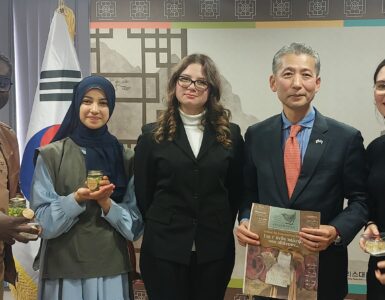I recently came across a book that prompted me to write this article. Entitled “Philomena” it was written by Martin Sixsmith and tells the true story of a child given up illegally for adoption. The book discusses a problem that has been preoccupying communities around the world for several years.
Illegal adoption is when an individual or organisation adopts a child or gives a child up for adoption without due regard for the law. The adoption may be as a result of a child kidnapping, or the sale and trafficking of humans. There are two types of illegal adoption: one is when the adoption agencies do not follow correct procedure as required by law and the other is the sale of children on the black market. We do not know when this crime first appeared but we do know that it has a long history and is closely linked to religious prejudice and financial gain. We also know that it is of major concern today. In some places on earth illegal adoption ratings are very high, which happens also in Greece. Illegal adoption, which is done purely for unlawful financial gain, violates several rights of children and disregards certain universally acknowledged principles for the protection of a child’s best interest. These principles are violated when finding a child for the parents, as opposed to a family for the child, becomes the priority in an adoption.
Now the next logical question would be: What gives rise to the motives behind this abhorrent practice? The reply may be a cliché, but it is totally realistic: money. The individuals and institutions responsible for these abuses take advantage of the fact that there is a great deal of complicated bureaucracy behind every adoption. They promise to speed things up for the prospective adoptive parents, saying they can by-pass this time-consuming process. Meanwhile, it is not surprising to learn that the problem has shown a marked increase in developing countries, precisely because many mothers resort to selling their own children. Personal accounts of these women prove that they themselves are victims rather than perpetrators of the sale of babies. They talk of extreme situations, in which even a small sum of money can be life-saving, and they know full well that it is impossible for them to properly raise this new being that they have brought into the world.
The problem is as widespread today as it ever was. Why? Because right now conditions around the world encourage the practice. From war to poverty, when populations are vulnerable and weak, traffickers simply see opportunities to increase their profits. Periods of forced mass migration, as is happening today, correspond to rapid rises in the sale of humans, because the displaced people, and young children in particular, become “easy targets”.
It should be noted that in the last few years, significant efforts have been made to clamp down on illegal organisations, as well as to develop more specific legislation for child protection and smoother adoption processes. Nevertheless, it is something that continues to be of concern, and precisely because of this, we must act together to raise awareness of this issue within society. We must of course also try to stop the problem spreading, as this goes against the creation of a more humane society. There is no excuse to stop fighting and hoping for a better tomorrow, one that will begin from the moment we realise the strength inside each one of us to change the world, not just for ourselves but for future generations.
*This article has been published in issue #19 of “Migratory Birds” newspaper, which was released as an annex with “Efimerida ton Syntakton” newspaper (Newspaper of the Editors) on November 21st 2020.









Add comment